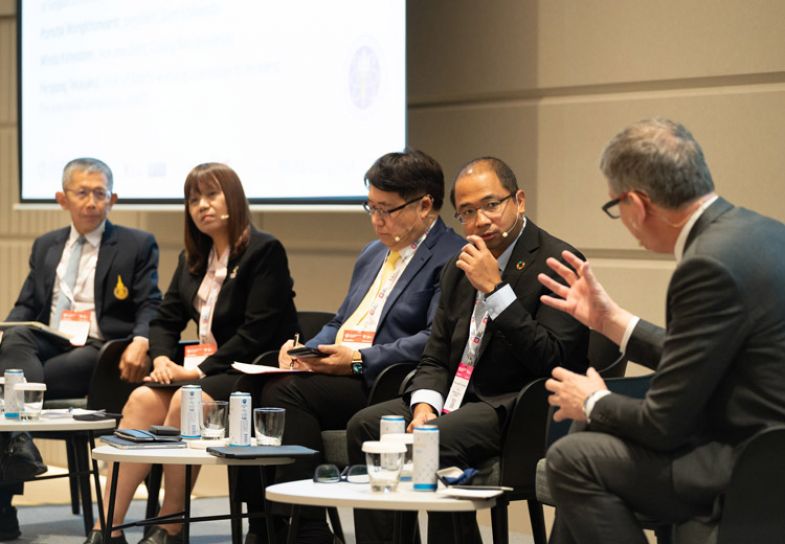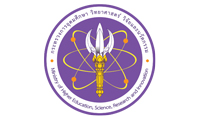
Source:
THE Events

Thailand’s higher education sector is leading the way in sustainability, with support from its government and close working with communities
Universities in Thailand are consistently increasing their prominence in Times Higher Education’s University Impact Rankings, which compares universities’ performance against the United Nations’ Sustainable Development Goals (SDGs). In 2019, there were only seven Thai institutions in the rankings. In the past five years, this has risen to 77, which was made possible with the support of Thailand’s Ministry of Higher Education, Science, Research and Innovation (MHESI).
Speaking at the 2024 THE Global Sustainable Development Congress in Bangkok, Punpermsak Aruni, a government officer with the ministry, explained that Thai universities’ strategies were closely aligned with national efforts to meet the 17 SDGs. “Our mission is to empower higher education to transform the country, enhance our competitiveness, transform the economy and get ready for the future,” he said.
MHESI’s working committee on sustainable development plays an important role in meeting milestones, added Perapong Tekasakul, professor at Prince of Songkla University. “The SDGs have helped us to focus, build guidelines and help universities come up with good strategies. Our universities have achieved a lot without knowing it – once we asked them to submit the data, we saw our rankings increase, which tells you we’re moving in the right direction,” said Tekasakul.
Ponlachart Chotikarn, dean of Prince of Songkla University, said that the institution had been focusing on SDGs 13 and 14, which concern climate action and life below water. The latter is especially important because the university has five campuses in the south of Thailand, which is close to the sea.
Working with communities has been effective for Prince of Songkla University, which runs a blue carbon project aimed at the examination and sequestration of carbon dioxide stored in coastal and marine ecosystems. For example, school and university students are encouraged to be involved in gathering temperatures among corals – and have access to a carbon data platform so they can see what happens. Another successful community collaboration has involved making raw materials from debris in rubber plantations. “This brings knowledge transfer to local communities. We have a new product that creates jobs and there is more income for those communities,” explained Chotikarn.
Winita Punyodom, vice-president of Chiang Mai University, also stressed the power of partnership in achieving sustainability goals, both on an individual university level and more broadly. “We see a return on investment and socio-economic impact,” she said. “The SDG can support at every stage of society, whether it’s turning research into a product, in scholarship or in translational research.”
Chiang Mai University has successfully engaged in several sustainability-related projects, including food security initiatives and research into tackling emerging diseases. Another looked at sustainable farming, examining the role of 5G in monitoring potential fire hotspots and hazards, enabling local government to have precautions and medical responses in place.
Pornchai Mongkhonvanit, president of Siam University, told delegates about the Thailand Sustainable University Network, a group of more than 50 universities that share best practice on how to move towards the SDGs. The network meets every two months with the principal aim to learn from one another. “Each university can have its own projects and purpose, but we’re here not just to compete but also to learn,” he said. “Universities should be the role models. We can be museums of good practice and laboratories of sustainable ideas,” said Mongkhonvanit.
The panel:
- Punpermsak Aruni, government officer, Ministry of Higher Education, Science, Research and Innovation, Thailand
- Ponlachart Chotikarn, dean of Prince of Songkla University
- Pornchai Mongkhonvanit, president of Siam University
- Winita Punyodom, vice-president of Chiang Mai University
- Duncan Ross, chief data officer, Times Higher Education
Find out more about Thailand’s Ministry of Higher Education, Science, Research and Innovation.
